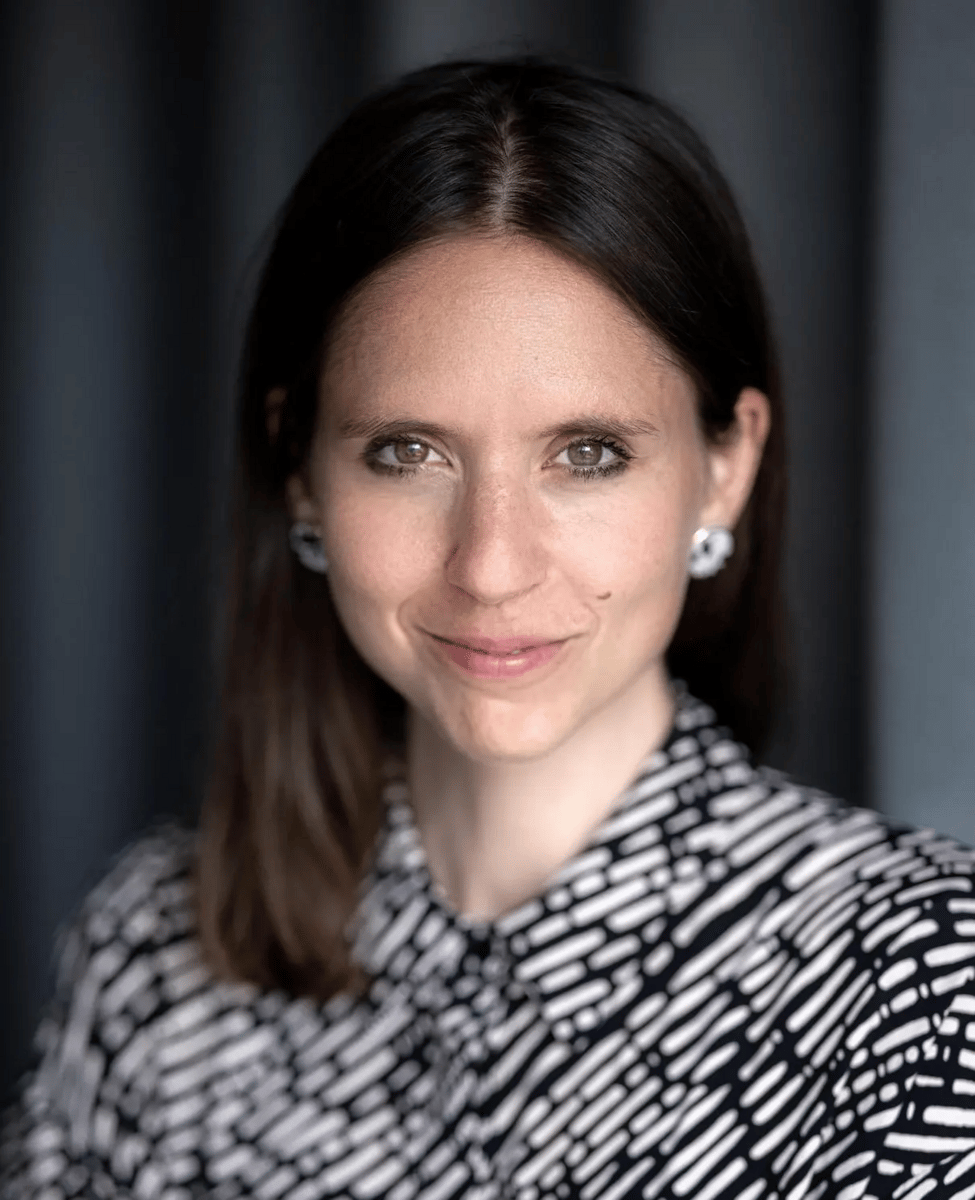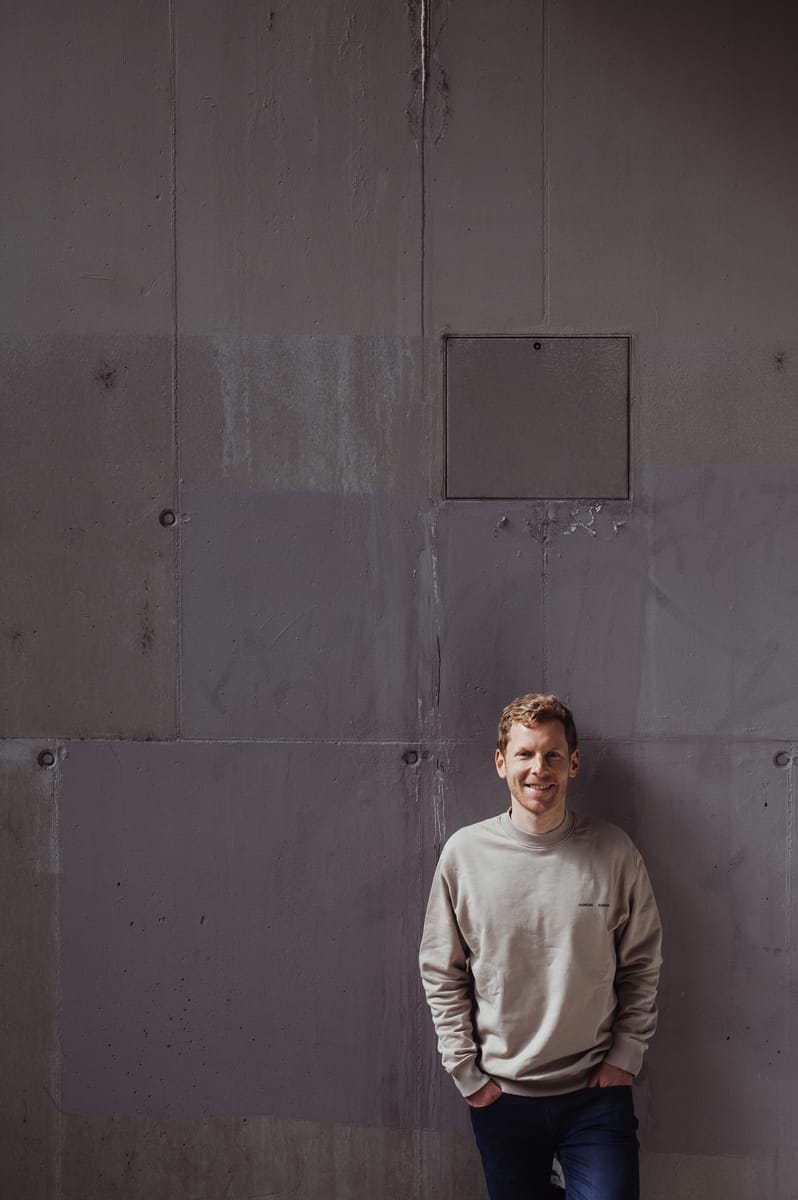Dear hustlers, founders, operators and visionaries,
Shutting down a startup is one of the hardest things a founder can face. Doing it with clarity, empathy, and integrity? That’s rare, and incredibly valuable to learn from.
This week, we sat down with Tobias Gunzenhauser, co-founder and former CEO of yamo, a tech-enabled food startup that scaled across seven European countries. Tobias shares the behind-the-scenes reality of what happens when a promising company doesn’t make it: from boardroom decisions and operational checklists to the emotional weight of saying goodbye. Exclusively for our newsletter subscribers, Tobias has shared additional insights below.
In the meantime: Follow the Gradient and stay tuned!
PS: Has this e-mail been forwarded to you? Sign up here.
How to shut down a startup with transparency
What you will get out of this episode
In our conversation, Tobias shares:
How to navigate a startup shutdown with transparency and structure
Why it’s crucial to separate optimism from operational realism during fundraising
How to communicate difficult news to your team with empathy and clarity
What emotional resilience looks like when a venture doesn’t work out
Why failure isn’t the end — it’s a foundation for future success
and much more!
Our main take away’s
Lead with transparency, even in tough moments: Tobias prioritized open, honest communication with his team, partners, and investors—balancing optimism with realism to maintain trust, even when shutting down became inevitable.
Prepare for the worst while pushing for the best: By dividing responsibilities between growth and risk planning, Tobias and his CFO ensured the company was operationally and legally ready in case funding fell through—avoiding chaos when hard decisions had to be made.
Understand the true cost of competing at scale: Competing with legacy food giants required massive infrastructure investment, and Tobias learned that without matching growth, even the best intentions can’t sustain fixed costs.
Build emotional resilience through connection: Coaching, co-founders, and a strong personal support system helped Tobias navigate the emotional weight of letting go—not just of a company, but of years of collective effort and ambition.
Redefine success beyond the exit: For Tobias, success was seeing people thrive within what they built—team members learning and growing, customers loving the product—even if the journey didn’t end in a big financial win.
How to reach out to Tobias
Exclusive from Tobias
What was the hardest conversation you had to have during the shutdown process, and how did you prepare for it?
The most difficult conversation was definitely with the employees—with the people—because ultimately, it’s their livelihoods that are impacted or even shattered. In those moments, I believe the most important thing is thorough preparation: knowing exactly what you're going to say, and more importantly, going beyond just explaining the situation. It’s about clearly communicating what’s going to happen next and how we’re going to support them through it.
Negative press can be brutal for a founder’s reputation. What specific strategies did you use to manage public perception, and what would you advise other founders to do if they face similar criticism?
In our case, we felt that the best approach was to be proactive about the shutdown. We discussed it internally and very quickly agreed: the only yamo way to do this was to take the lead and go public. That’s why I shared the news on LinkedIn. For us, staying silent about shutting down was never an option.
What do you think is the biggest myth founders believe about failure?
Maybe the misconception is that there’s no professional life after shutting down a company. But I actually believe the opposite is true—there’s a wide open field of opportunities waiting afterwards. Because when you’ve built a company over several years—not just tried something for a year or so, but really committed five, six, seven years to building something—you gain experience that would take decades to acquire in a corporate environment. That kind of learning is incredibly valuable.
There are so many meaningful things you can still do after.
Are there any books, podcasts, or frameworks that have helped and inspired you?
The Hard Thing About Hard Things by Ben Horowitz - I think, is a fantastic book to understand how hard things can be in a startup at times.
What also was very helpful for me was listening to podcasts with other entrepreneurs or where other entrepreneurs told their story. For example, my all time favorite podcast episode with an entrepreneur is from Guy Raz, How I built this show, where the guest was Hamdi Ulukaya. He's the founder of Chobani Yogurt, an immigrant coming to the US and building a billion dollar empire in yogurt. And he was so honest in his conversation.

Follow the Gradient is a weekly newsletter and podcast by the serial founders Melanie Gabriel & Christian Woese about how to build a business in Europe while staying sane.










